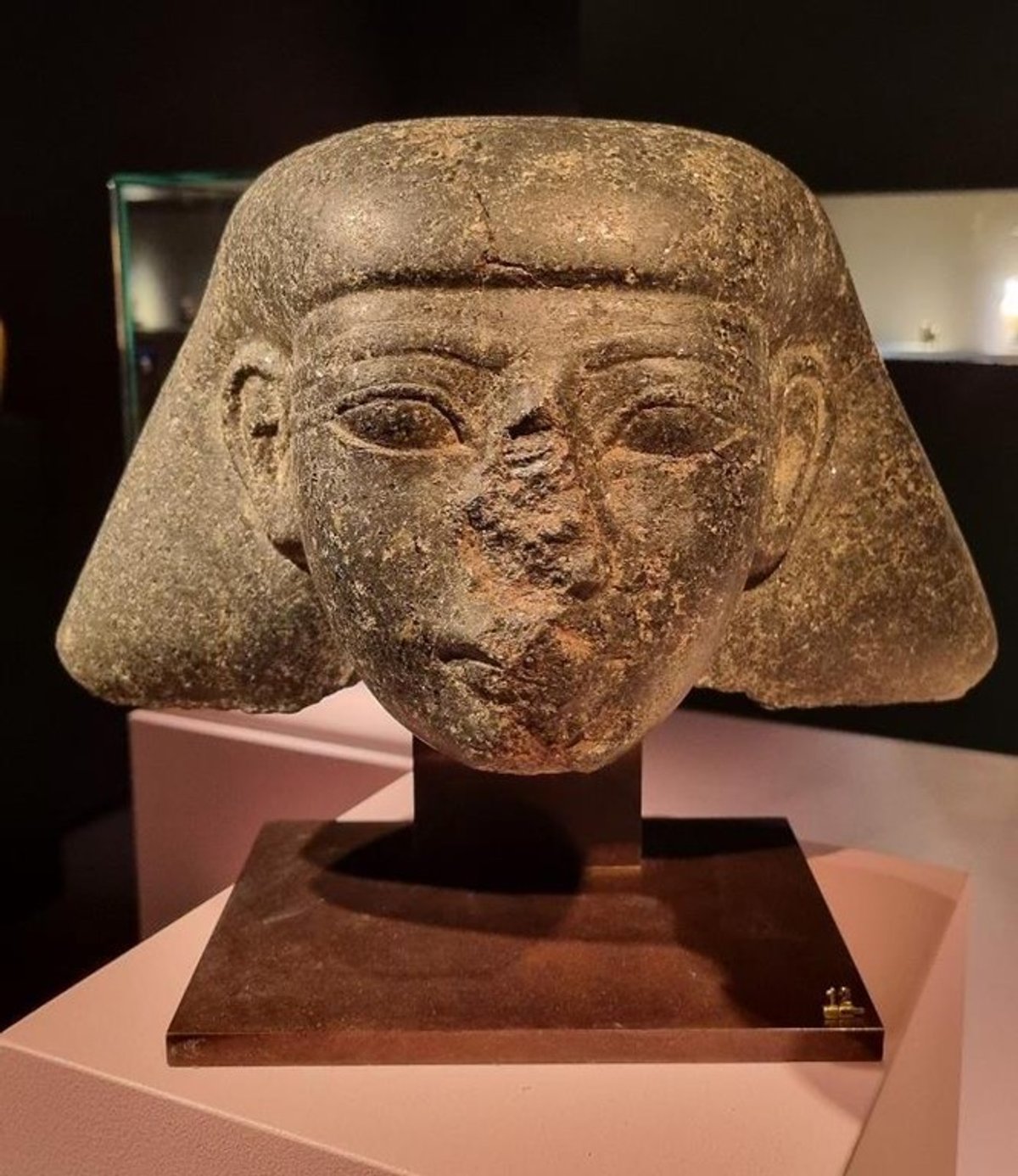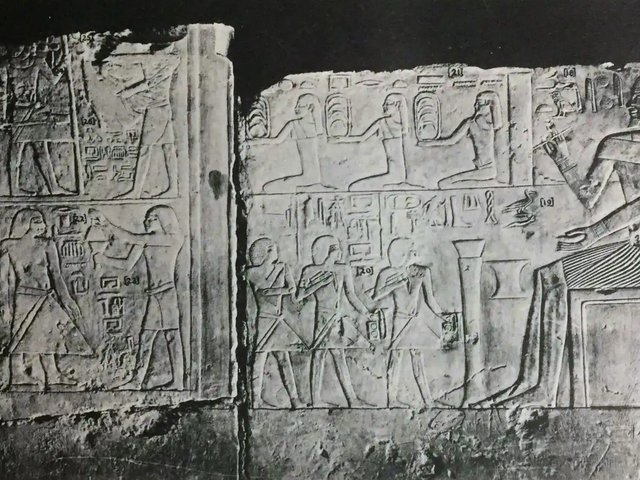A stolen Ancient Egyptian statue that turned up at the Tefaf Maastricht art fair three years ago will be handed back to the Egyptian ambassador later this year, the Dutch Information and Heritage Inspectorate announced on Sunday.
The 3,500-year-old stone statue, thought to represent an important official from the dynasty of Pharaoh Thutmose III, had been “stolen and illegally exported from Egypt”, the inspectorate said.
The return has come about after the statue was flagged up by an eagle-eyed visitor to the 2022 edition of the art fair. Such an intervention, a spokesperson for the inspectorate says, is rare. “A few times a year we give an object or piece of cultural heritage back, although we don’t typically get them in this way, via a tip,” he said. Tefaf has been contacted for comment about the discovery.
After the anonymous tip, the dealer voluntarily gave up the statue and an investigation by the Dutch police and inspectorate found that it was likely to have been plundered unlawfully. It will be handed to the Egyptian ambassador in The Hague later this year, respecting a 1970 Unesco convention against the illegal import, export and sale of trafficked cultural property.
Daniel Soliman, the curator of Egyptian and Nubian collections at the Dutch National Museum of Antiquities—which has just opened the show Discovering Ancient Egypt—said that while there were many images from this time period, this particular sculpture was notable. “At the time of Thutmose III, a lot of art was made and many images have been preserved, but this is clearly a monument that was made for a person of wealth, probably someone with influence, a high official,” he says. “We see this in the way the image is made, in a style similar to images of kings, which says something about the access this person had to artists and to materials [like] the black granite that was used.”
The Dutch caretaker prime minister Dick Schoof, on a state visit to Egypt for the opening of the Grand Egyptian Museum, said the handover would be a “symbolic gesture” and that it was welcomed by the Egyptian president Abdel Fattah el-Sisi. “He made it clear how important it is to get these kinds of artefacts back, and especially to do something to combat illegal trade,” Schoof told Dutch broadcaster NOS.




